Between the ages of 13 and 17, Mozart made three trips to Italy, spending some two-and- a-half years in ‘the country at the heart of the opera world’. He would never return as an adult. His mature Italian operas – The Marriage of Figaro, Don Giovanni, Così fan tutte, La Clemenza di Tito – can be traced directly back to these formative teenage encounters and experiences in Bologna, Venice, Rome, Florence and Naples. So argues Jane Glover in Mozart in Italy.
A follow-up to 2005’s Mozart’s Women, the book is a lively account of journeys which the composer shared (mostly) with his father Leopold. What dominates initially is the business of 18th-century travel itself – something viewed very differently through the wide eyes of an eager young boy and the anxious gaze of his elderly tour manager-cum-PR-cum-chaperone parent.
Luckily letters home (Wolfgang’s mother and talented sister, Glover is quick to remind us, were perhaps resentfully and certainly unwillingly left behind in Salzburg) allow both to speak directly. ‘I simply love travelling,’ declares the youth, even as his father mutters about a process that is ‘nothing but dressing and undressing, packing and unpacking, and with no warm room, so one freezes like a dog’. And small wonder. From banking by a complicated system of credit notes to mountain roads and their inevitable accidents, snow and extreme heat, to inns of uncertain quality and ‘an incredible number of insects, fleas and bedbugs’, this was less a concert tour than a military campaign with an attractive soundtrack.
Leopold – ‘completely addicted to the cycle of travel, exhibition and reward’ – is both the champion and villain of the piece. Sacrificing his own career (and constantly testing the already tense relationship with his Salzburg employers but disappearing for years on end), he is both the reason Italy’s greatest doors – imperial palaces, opera houses, even the Vatican – open to his son and the reason many then firmly close. Badgering potential employers, pursuing patrons as though ‘stalking prey’, unable to read a room, this hustler ‘ruffled feathers’ even while his son ‘spread nothing but delight and admiration’.
Networking 18th-century style emerges as a game of three-dimensional chess. The young Mozart must make lists of every grandee he encounters (the exiled Bonnie Prince Charlie didn’t make the cut); his arrival anywhere must be timed to maximise opportunity, whether Easter, carnival season or a royal wedding; every relationship must be parlayed into a greater one, successes converted into new opportunities at the earliest moment, however shameless the transaction. The fragility of these informal networks is palpable. An expensive investment journey could either earn father and son more than Leopold’s annual salary in just a few days or become a dangerous debt if aristocratic illness or lack of interest left the two cooling their heels, unable to perform.
The relationship between the Mozarts is a curious one, and it’s here that Glover’s status – writing as a celebrated conductor and practitioner rather than with a career scholar’s restrictions – comes into its own. Fourteen-year-old boys (even prodigies) don’t tend to pour their hearts out in letters home, and Glover allows herself space for speculation and conjecture, drawing our attention to gaps, but also filling them: Mozart’s sudden new confidence and openness when he loses his virginity; Leopold’s baffling failure to praise some of his son’s greatest achievements; the thoughts and feelings of a boy one contemporary called ‘a miracle in music and one of those freaks nature causes to be born’ on finally meeting talented counterparts his own age, such as England’s Thomas Linley, who would tragically die in a boating accident, aged 22. Laconic and drily witty, never knowingly overstated, Glover is a personable guide.
Yet the music itself is strangely secondary. Glover dutifully takes us through the early operas – Mitridate, re di Ponto, Ascanio in Alba, Lucio Silla, La Finta Giardiniera – but the focus is on the works as happenings: on the singers, immediate context and reception. There’s little space given to tracing the ‘immense inspiration’ the composer drew from Italy and his Italian colleagues, or mining these initial efforts for foreshadows of the mature operas to come. The structure of the book is such that the Da Ponte operas arrive (after the sequence of Italian journeys) in a sort of epilogue rather than a climax, a hasty tying up of dangling narrative threads.
Today Mozart is synonymous with success, a composer whose genius is beyond question. What Glover reminds us is how contrary this is to his lived experience – a life of precarity that never gained solid footing. There was ‘attention, adulation and reward’ in plenty, both from his visits to Italy and northern Europe, but little long-term gain. ‘Hovering over all the exhilarating achievement,’ Glover writes, ‘there was the ultimate pall of disappointment.’ Far from a portrait of a genius under construction, Mozart in Italy is a fascinating account of classical music’s greatest failure – a story of promise unfulfilled, opportunities missed and roads not taken.
Got something to add? Join the discussion and comment below.
Get 10 issues for just $10
Subscribe to The Spectator Australia today for the next 10 magazine issues, plus full online access, for just $10.
You might disagree with half of it, but you’ll enjoy reading all of it. Try your first month for free, then just $2 a week for the remainder of your first year.

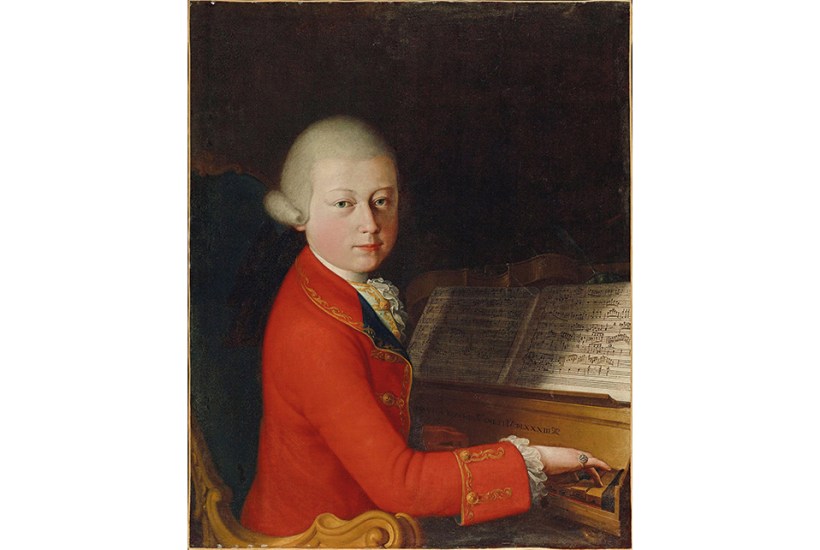
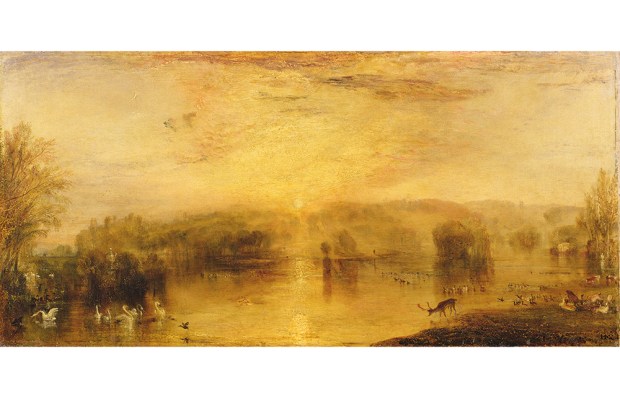
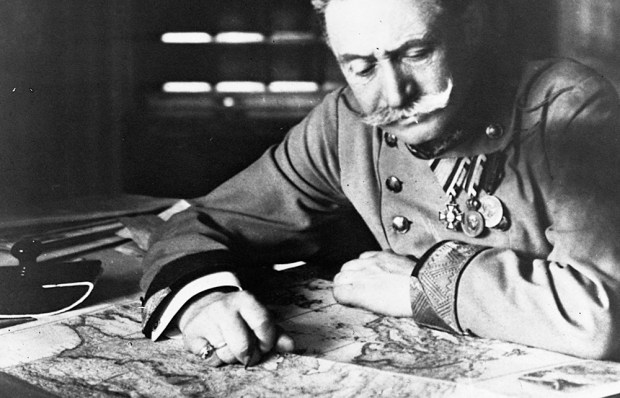

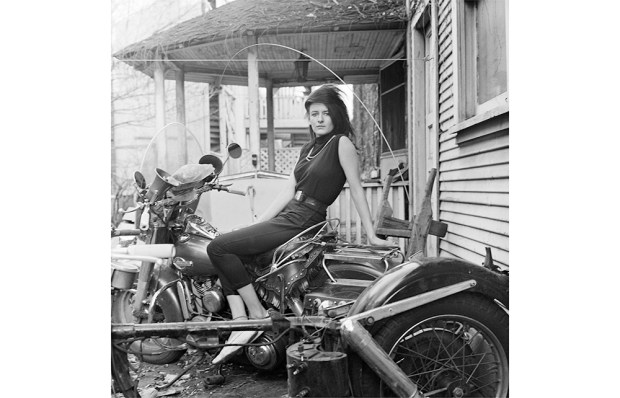
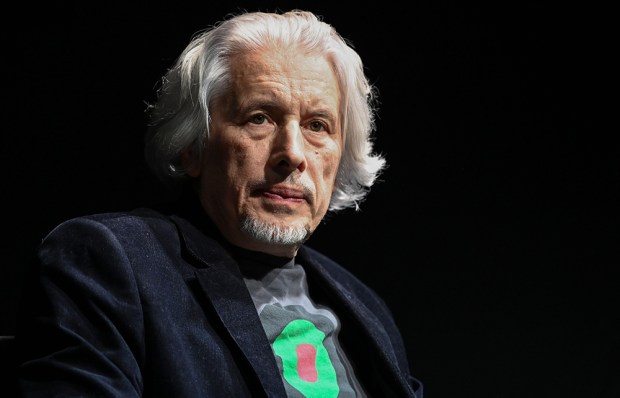
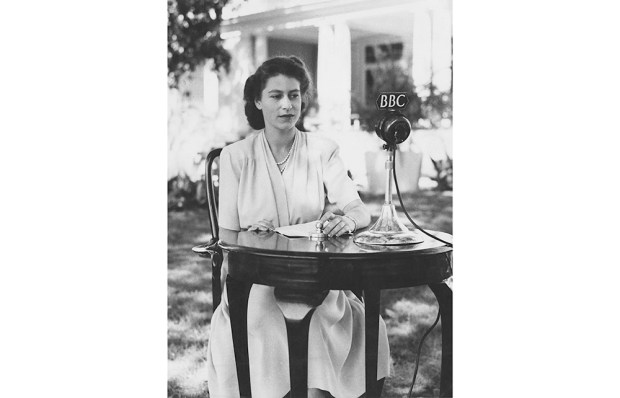






Comments
Don't miss out
Join the conversation with other Spectator Australia readers. Subscribe to leave a comment.
SUBSCRIBEAlready a subscriber? Log in